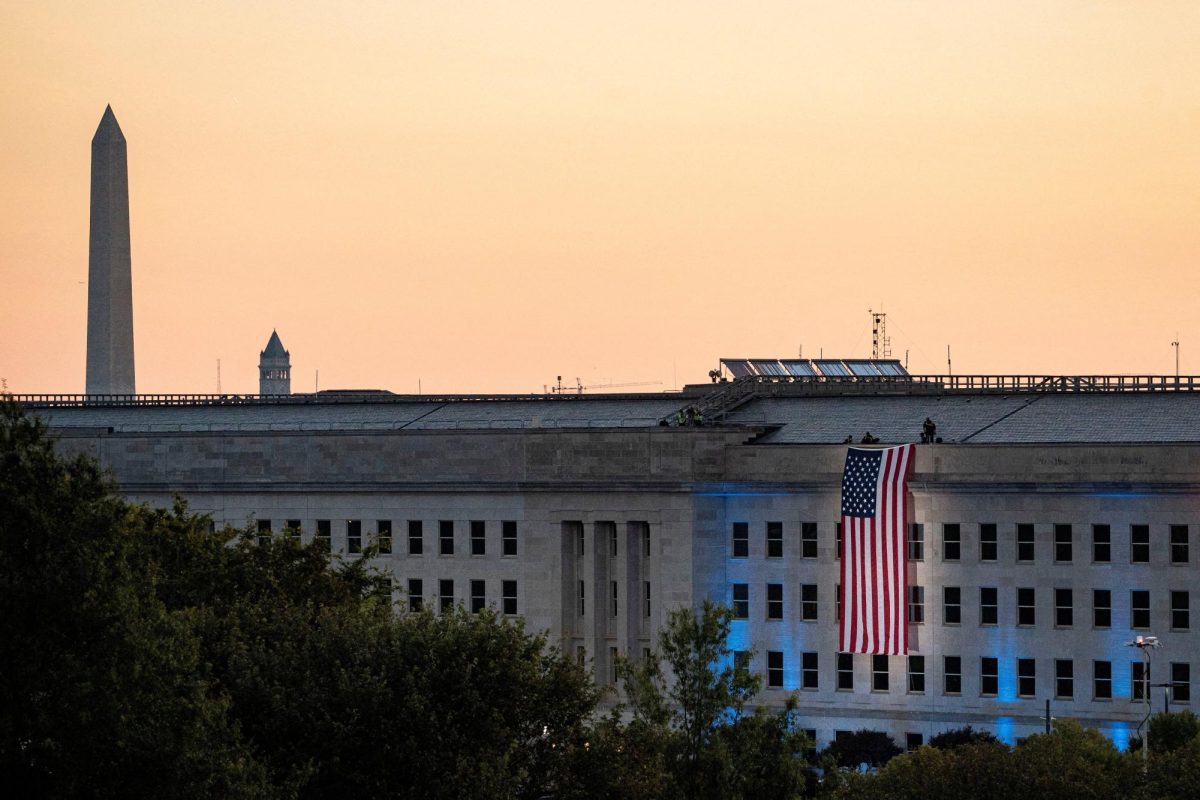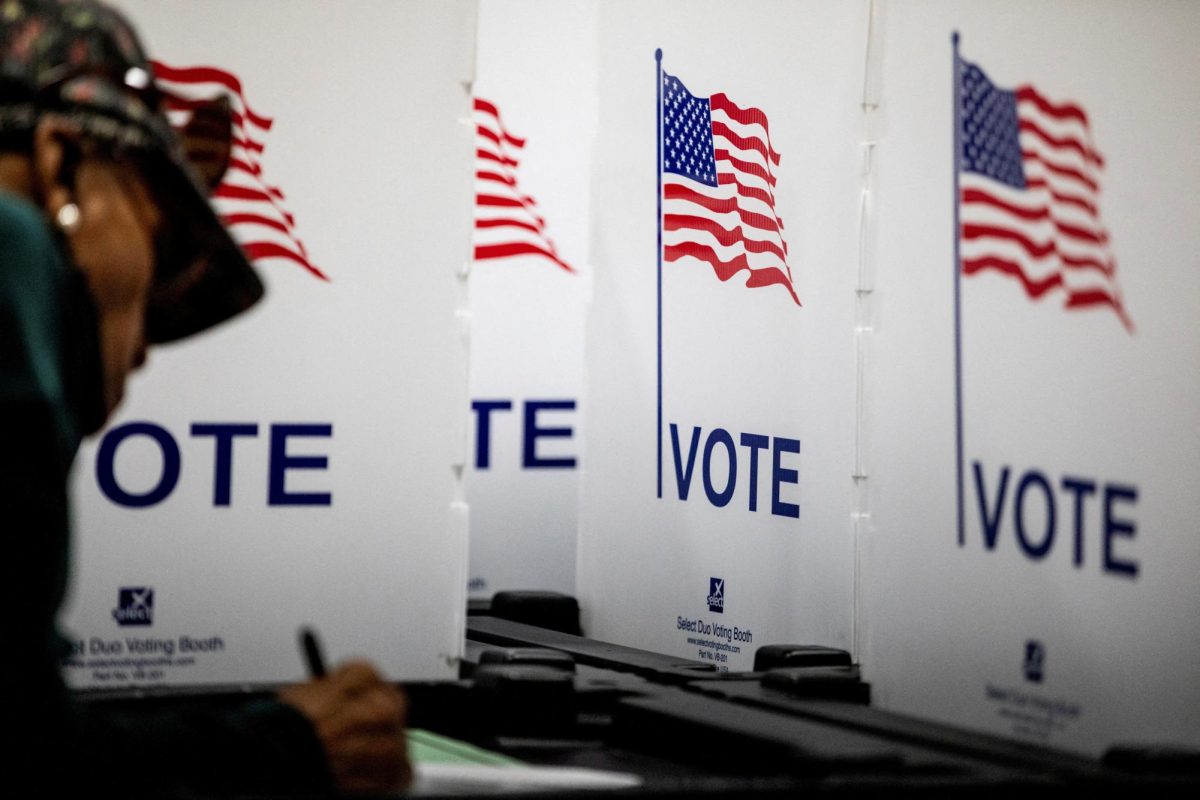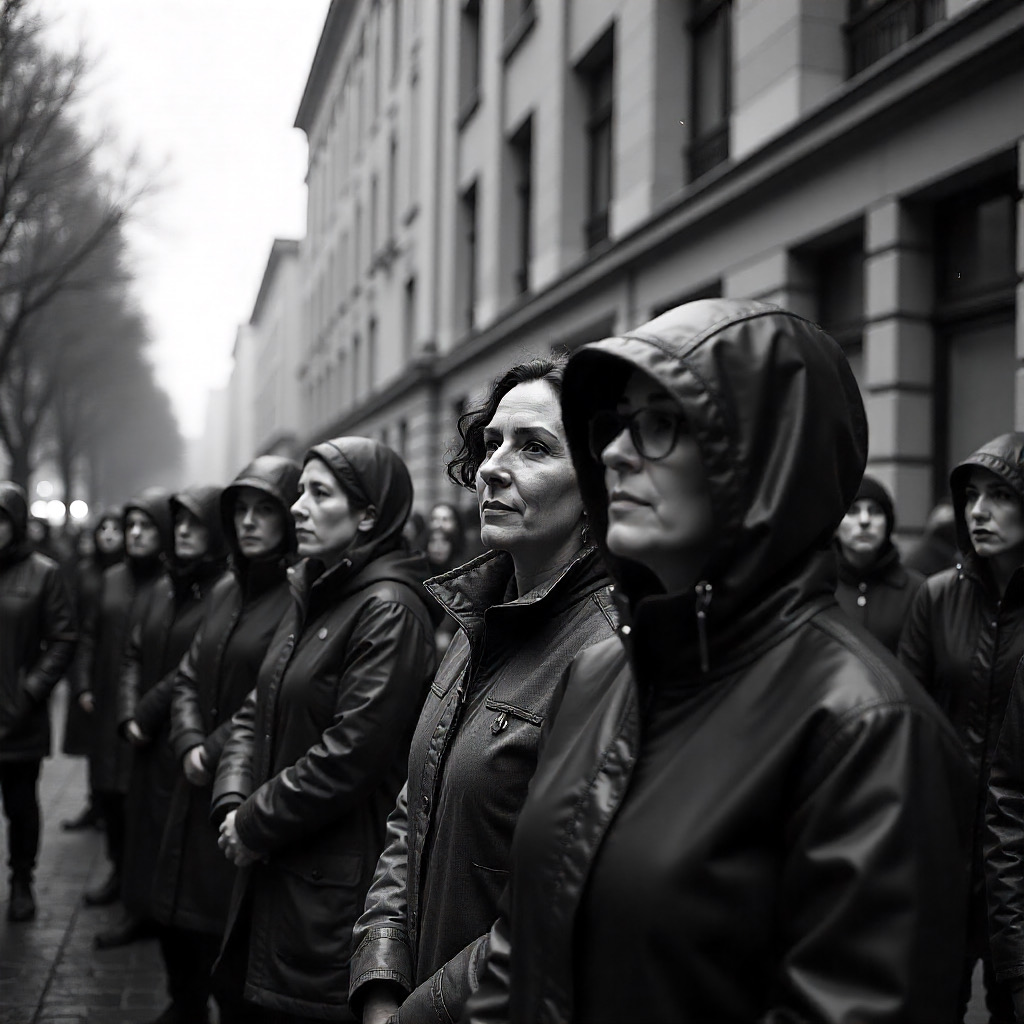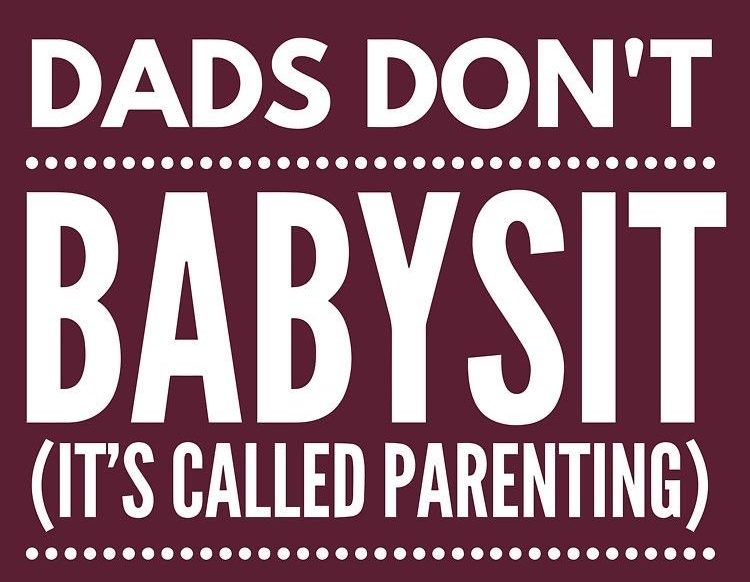As the Star-Spangled Banner waves over a divided nation, a fiery question remains: Should defacing the American flag be protected as a right—or punished as a crime?
The First Amendment recognizes burning the flag as a form of symbolic free speech. But that protection has limits. Flag burning is not protected when it incites violence, violates other laws during the act, or involves stealing the flag itself.
For many Americans, burning the flag is deeply offensive. The flag is a sacred national symbol, representing patriotism, sacrifice and unity. For veterans and families who have lost loved ones in service, its meaning carries even greater weight.
Generally, flags are burned for two reasons: as a form of protest or for respectful disposal.
Burning as protest has long been used to call attention to injustice. During the Civil War, dissenters destroyed flags in defiance. More famously, in 1989 Gregory Lee Johnson burned an American flag outside the Republican National Convention to protest Reagan administration policies. His arrest sparked the landmark Supreme Court case Texas v. Johnson, in which the Court ruled his actions were protected under the First Amendment.
But just because something is legal does not mean it is morally right. Burning the American flag is no different than burning the flags of other nations—it is deliberately disrespectful. Consider the outrage when LGBTQ+ pride flags are set on fire. The pain people feel in those moments mirrors the anger many Americans feel when their national flag is burned. If both sides react with outrage, continuing to burn each other’s symbols only deepens division.
If the burning of the American flag were to become illegal, so should the burning of any flag. While the act remains a protected right under current law, that does not erase the fact that it is morally wrong and profoundly disrespectful.









